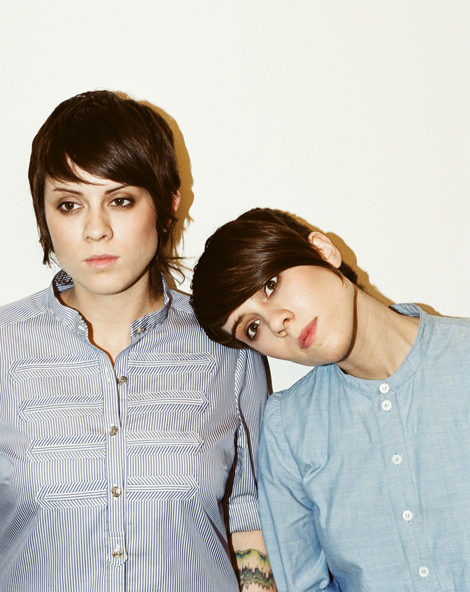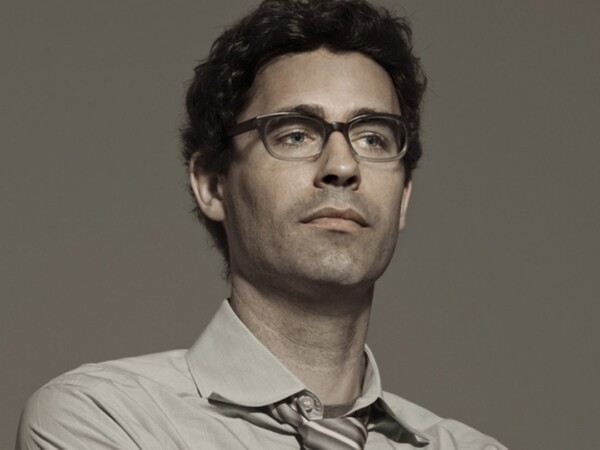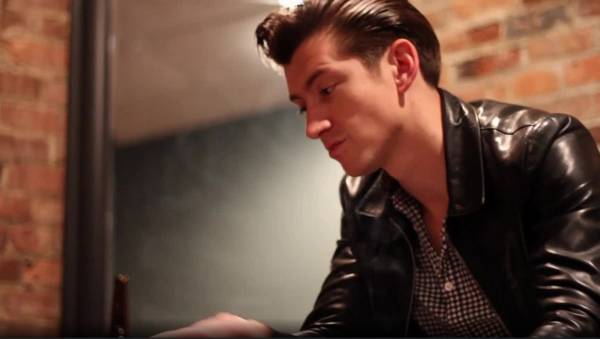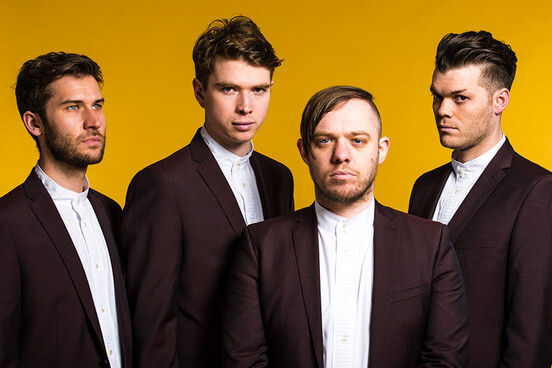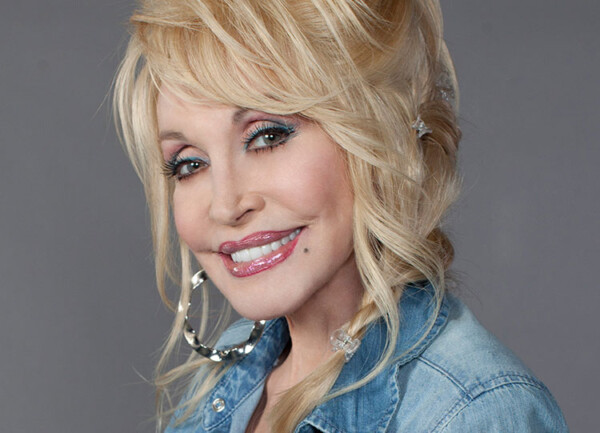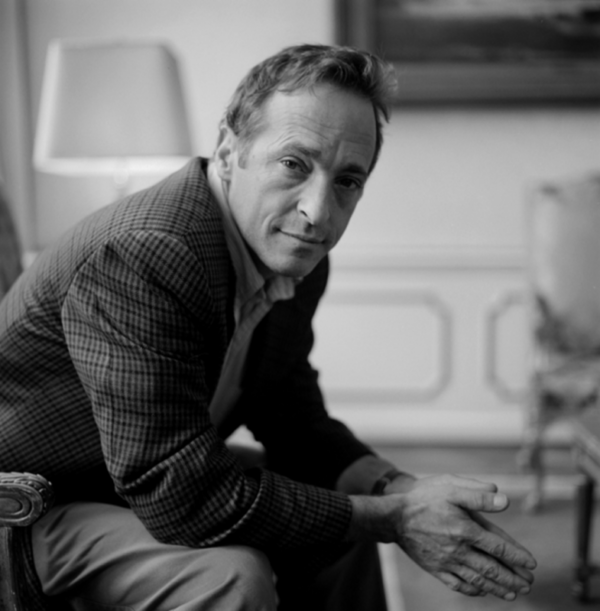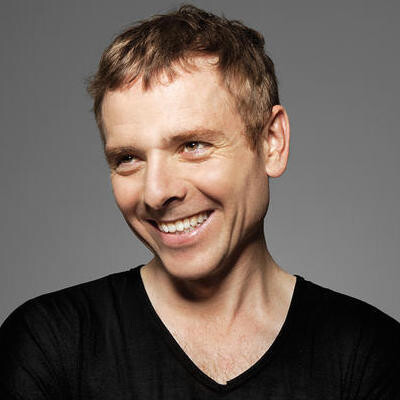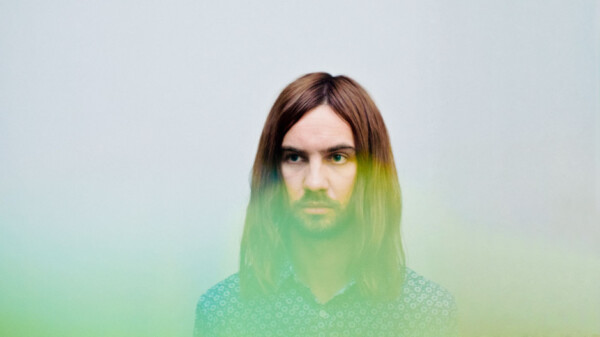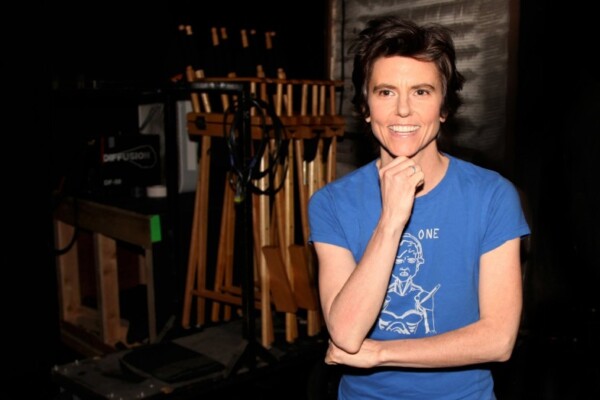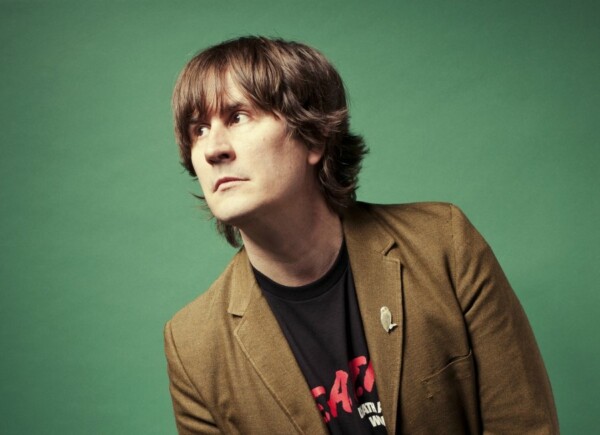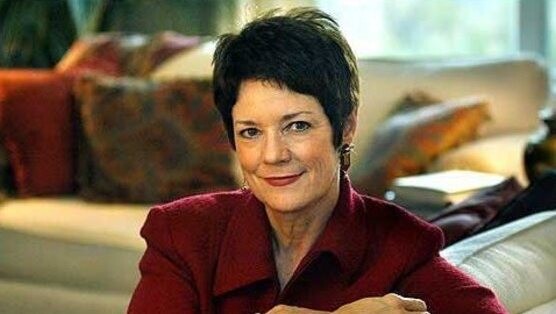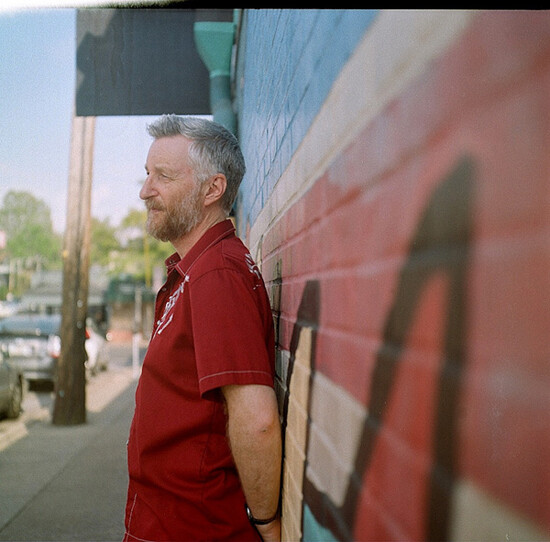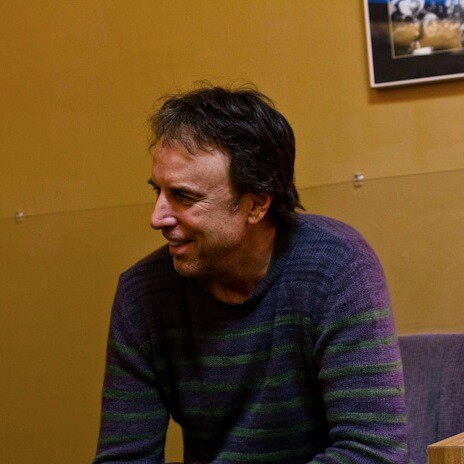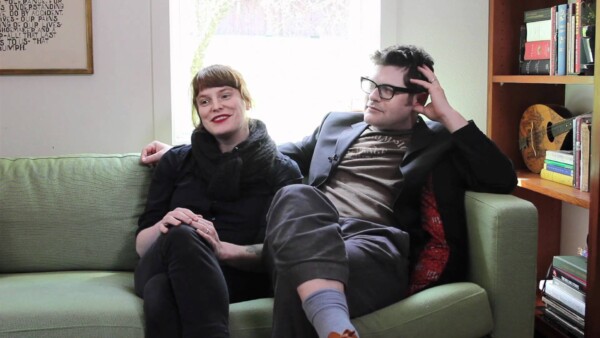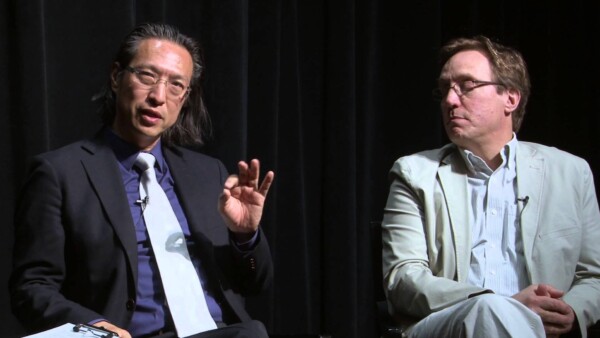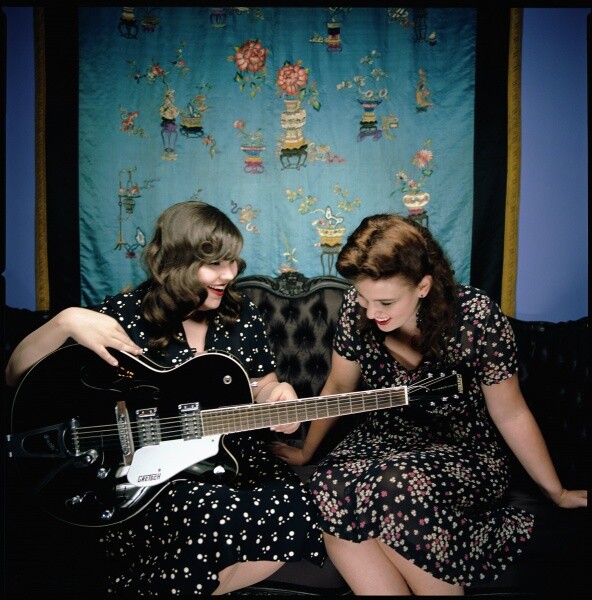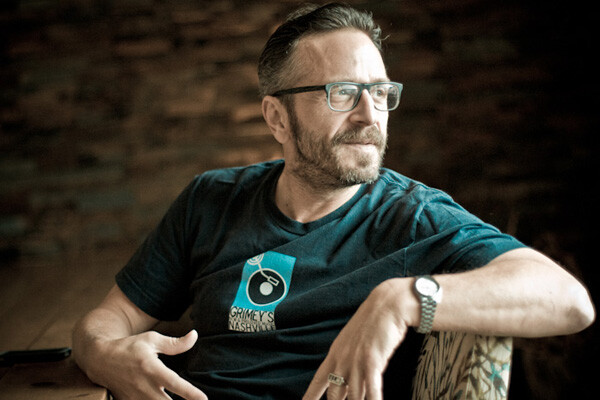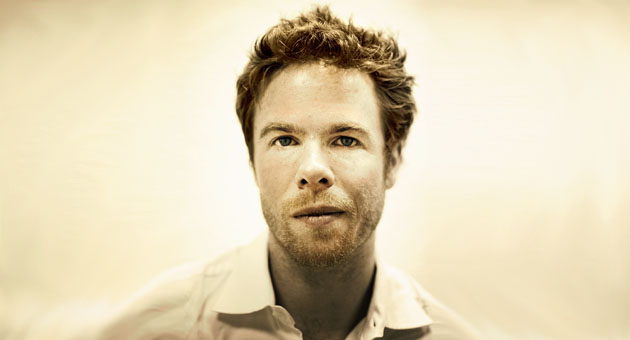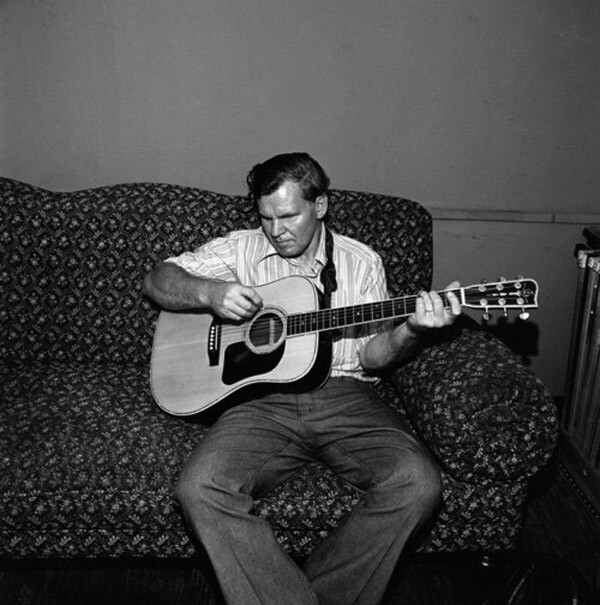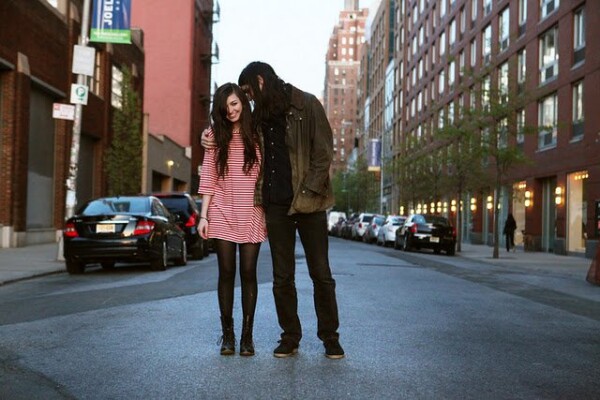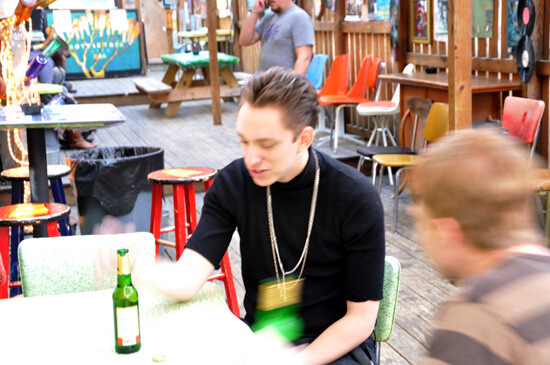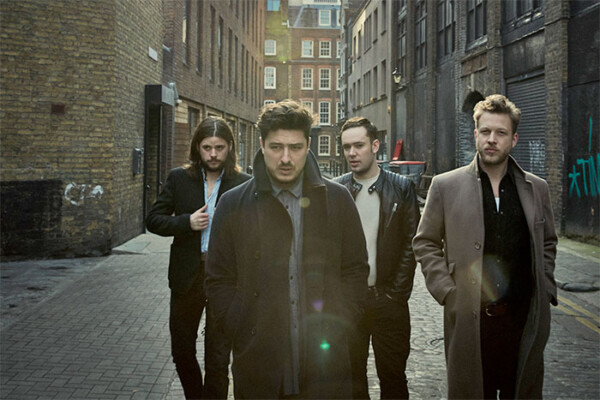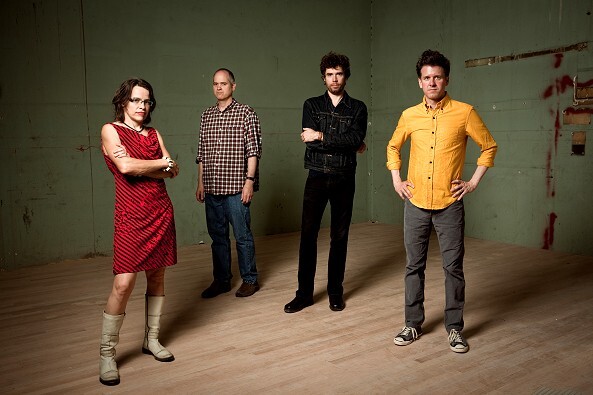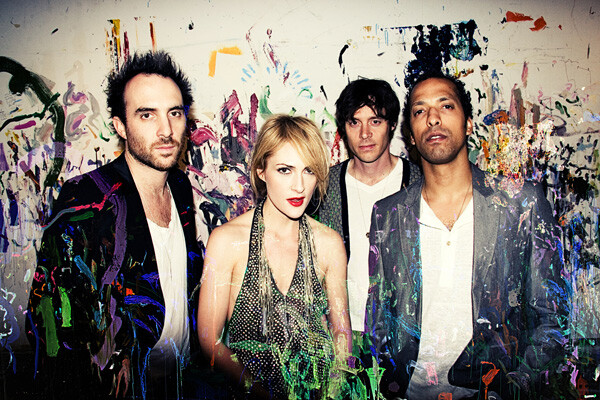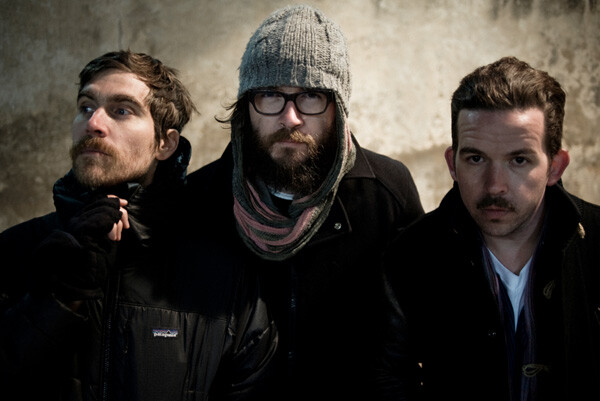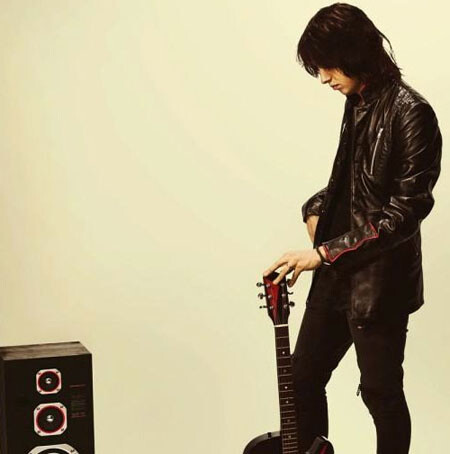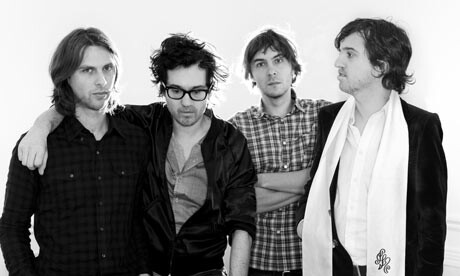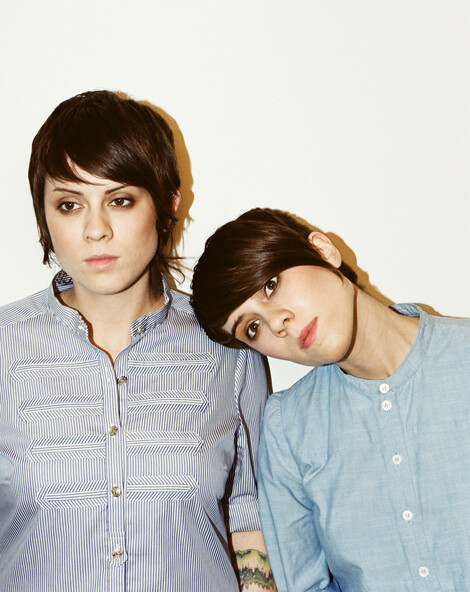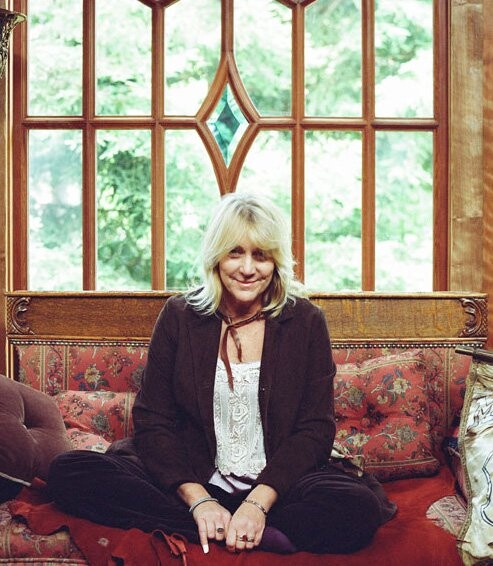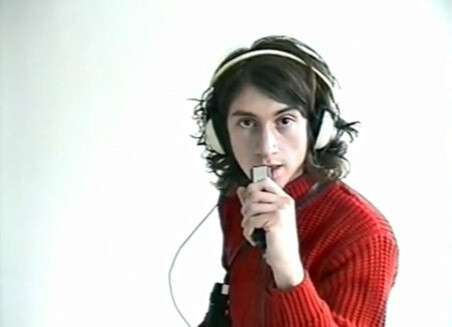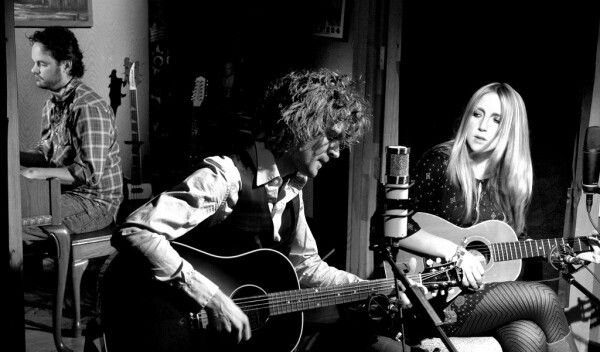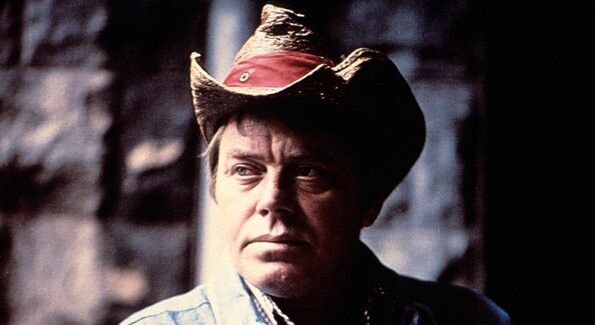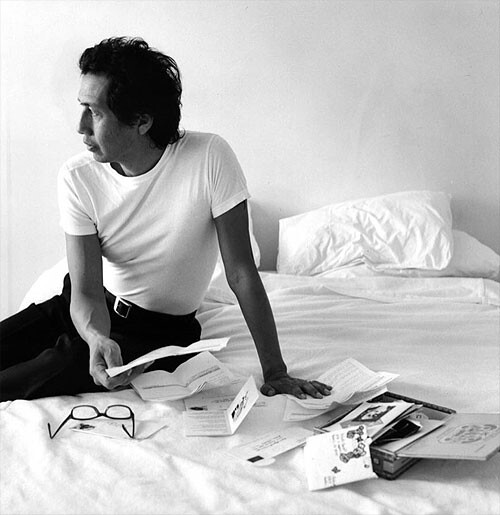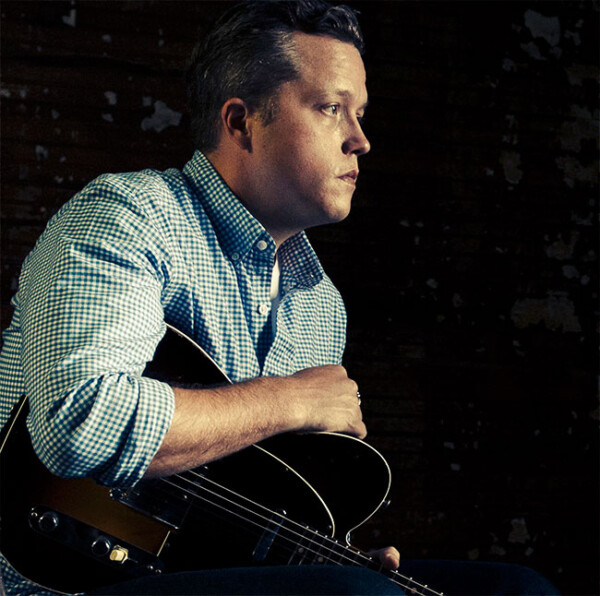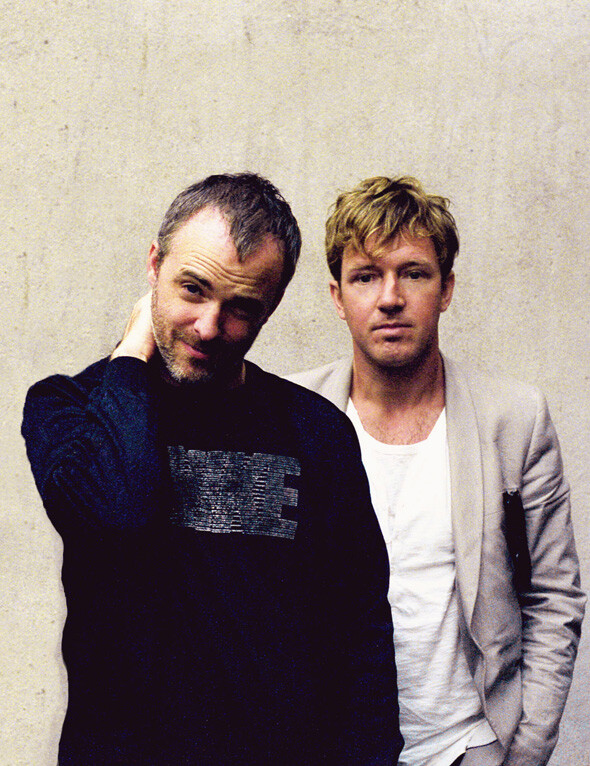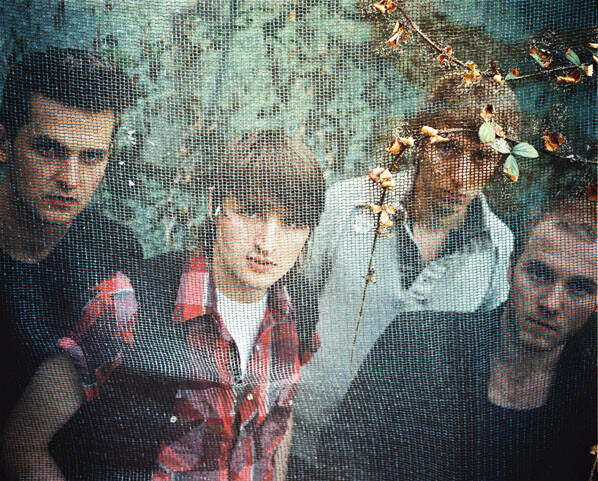Skip Matheny—former bartender in a retirement community and currently a songwriter in the band Roman Candle—caught up with Sara of twin-sister act Tegan and Sara before their show at the Ryman Auditorium in Nashville this spring.
Online Exclusive: This is a full transcript of this text, which includes several questions and answers not available in the print edition of this interview.
What’s your favorite drink?
Right now my instinct would be to say coffee— any kind of coffee, but if I was going to drink alcohol, my favorite right now is Laphroaig. Yes, I’m like an old man. People are like, “What’s that medicinal old man smell?†“It’s me.â€
I was fascinated to hear that on Sainthood, you co-wrote songs for the first time. What was that like, and would you do it again?
Yes, though I really love writing alone. It’s kinda the only thing I do in our career that is truly solitary and by myself. But I really enjoy the different kinds of collaboration we’ve been trying. Not just sitting down and writing songs in the same room, but writing instrumentals, and then sending them to each other. On our earlier albums, it wasn’t always clear that Tegan was writing one song, and I was writing a different song. But when we started writing songs from scratch together, it was pretty clear who was writing which parts. It was like having our style so closely contrasted in one song suddenly really emphasized the differences. So that makes it a little tricky, we wrote a lot of stuff together for this record, but it ended up not really fitting with the other stuff. So I think moving forward in the future, if we were going to try to write an album of stuff together, I think it would have to be all written together for it to really work.
When you’re writing typically, how quickly do you all come across or land one the vocal delivery or inflections that end up on the record. Are they there form the start? Or is that a separate part of creating the song? Like with the word ‘microscope’ in “on Directing’ has a clever inflection — the second time when you repeat that word it’s moves around the note, it reminds of watching something squirm under a microscope. Are these things unconscious? or crafted into place? Because the way in which you deliver the vocals or the lyrics has lot of definition.
For me it’s as simple as, I never do vocals and lyrics till the end. And a lot of times what I have found works for me – once I sort of landed on a bunch of instrumentation and drums and that sort of thing — I’ll start arranging the music as an instrumental, and it will create syllables for me. All the sudden I can already start to hear the implied melody. Like what should be there in my mind. Because of the tempo, and because of the instrumentation- I’ll start to think okay, it should be this sort of sounding word- it should be this many syllables. I feel like it’s the last thing for me. And I always start with chorus’s, always start with chorus’s first before I work backwards into the verse’s. Its really, really outlined for me. Sometimes I’ll work in a different way, but for the most part that’s how I get to a songs destination. When Tegan and I started writing together, she’s the opposite of that. She’s absolutely the opposite of that. She just writes so many lyrics, and then she kind of just starts playing guitar and singing the lyrics. Like very traditional, like probably the way a lot of people start with writing songs. Anyways, I was just the opposite. I can’t write that way, I just can’t.
I notice sometimes, you will start a metaphor, or a comparison within a song and continue it through, like conceit in the literary sense. Is this something you work towards?
I mean for me, I’m definitely more methodical about that stuff. The other day we had a day off and Tegan’s working on a collaboration with a band in the UK right now -working with electronic music acts — so they send an instrumental and she’s writing lyrics and melodies. And I’m doing some writing with Tiësto, so I was working on that. And I mean I labored all day long, basically to write two verse’s. Like that’s it, I just got to the end of the day, and I was like that’s it. That’s all that I can do. And I went to Tegan’s hotel room, where she had been writing all day, and I was like “Have you written any lyrics?†and she was like “Oh yeah, I’ve written tons of stuff.†And I went over to the computer and she had like ten paragraphs of lyrics, and I was just like “Are you serious?†Tegan is just so stream of consciousness, and the way that she speaks is so stream of consciousness. I just feel like I am just so much more specific about what I want to say. I’ll just manipulate words and sentences, and it really will bother me – and sometimes it will just land, and I’ll say ‘oh yea this is perfect’ — this term or phrase makes some sense. But yeah, for example, “On Directing,†I was reading a collection of essays someone had given me by David Mamet about — about film making and writing scripts and dialogue — and it was called On Directing Film. I loved the idea of “On Directing.†But less about film, but more about “on directing†in the way that one would direct someone’s life or whatever. So that’s where the lyrical idea was born for me – out of this idea of direction and manipulation. And I was specifically writing about a situation where I was feeling like I was the [on the receiving end]. I remember there as this phrase that David Mamet used about getting the cuts. He kept referring to cuts, like make sure you capture exactly what you need. And that’s how I felt like this girl was treating me, like she was getting exactly what she needed from me, and nothing outside of that. So I’ll have like a really big conceptual idea lyrically. Where I can see with Tegan- its just like “ra-ra-ra-ra,†she just starts attacking at ideas. And its not so, its just sort of like- I just have this sense that she just gets to end of the page and just goes, “wow, hmm-there it is.†Like puts the microphone up-starts singing. It’s just so much more methodical.
Where do you think that comes from for you? That heightened sensitivity involved in trying to put words together? Even with “On Directing,†when I saw the title – it sounded to me like the David Mamet essay I guess — like it was a the title of a lecture — then at the end of the song “On Directing†is almost like an archaic or inverted way of saying “keeping on directing.†Which is exactly what the character is doing in the song. Did you have much training in literature?
I think, I was always really into school- I think Tegan and I have an impatience about us. But it was easier for me in school to focus. I was a perfectionist until I wasn’t. And once I wasn’t a perfectionist, I kind of gave up on school. But up until probably like grade eight or grade nine, I was the kid that rewrote out my notes- I really liked to -everything be really neat or tidy. If anything went out of perimeters, I was really uncomfortable. I was a really like, nervous kid. I was always like cleaning my room, and organizing my stuff. And I’m still like that – like my suitcase is a disaster, and I’ve been thinking about repacking it like all day long. My house is like serial killer clean, like I’ve always been that way. And I’ve always had more of an aesthetic like togetherness or something. And Tegan’s always been more out there. And I mean this in the nicest way, just more of a spaz, kind of- Just sort of more impulsive, yeah and I think that showed even when we were kids. I did much better in English, and I did much better when I was given an essay or topic to write about. I was able to sort of focus my idea’s a little bit more I think.
Who are some authors that you admire?
Probably in the last few years, some of the books that I’ve cherished the most would be Richard ford – I think one of my favorite books ever is Independence Day – I really love Michael Schiavone. I really like Jonathan Franzen. I like Jonathan Lethem, who wrote, Fortress of Solitude. He has a collection of essays that I carry around like a beaten up copy called The Dissapointment Artist, which is about his own sort of deconstruction of his artist-self and his parents, and how they influenced how he became an artist. I really love nonfiction. I love graphic novels. In the last maybe three of four years, I’ve been accumulating quite a big collection. I love Chris Ware, and I love Alison Bechdel, who did a really amazing comic strip in the 80’s, called Dykes To Watch Out For. And I think that it’s really interesting, cause it was obviously into the very specific audience. And then she wrote a really fantastic memoir a couple of years ago called Fun Home. That one and Persepolis – those two books really pushed graphic novels into the mainstream And those two women are both really amazing and inspiring. I love like really, really melancholy story-telling people that talk about families, and their lives.
How about lyricists?
I think probably Leonard Cohen would be my top. He would be someone that I really think is remarkable. I mean I’ve recently been really obsessed with Patsy Cline because I can’t believe how like suicidal her music is. It’s just – it’s really just like rock bottom lyrics-like heart on your sleeve- like it doesn’t- listening to that music, there is no better torch songs than like Patsy Cline and like The Supremes, or something like that – that music is just so- like when people talk about “emo†or people talk about fans being emotive, I’m like that shit’s been around forever-like the sadder the better-like you sound like your crying? Perfect.
You all have worked a lot with (producer) Chris Walla. When you’re sitting down to write at the moment – do you already have a sense for production at the time of writing? Because you two are familiar with your “production environment?â€
I just like to switch it up, that’s the main thing for me. Tegan and I have been laughing- like we spent all these years–like twelve years– trying to convince people we were one thing or the other, or we weren’t one thing or the other. And it’s so funny to get to this place in our career where we feel so confident, and we’re not afraid to do things we tried to steer clear of before. Like I was really afraid to be folk – like people always called us folk –cause we were girls, and we played acoustic guitar– so they’d always be like, “Folk!†and I’d always be like, “fuck you- like we just made a fucking punk rock record.†But, and I thought it was like a backhanded thing too, you know like sit on a stool, and play acoustic guitar- folk- you know whatever. And it’s really funny, now that I think that we totally hold our own in the indie rock world- and I think that we have a great rock show. You know we’ve flirted with punk rock, and we’ve played with other punk rock bands. Now we’re collaborating with electronic musicians. Now I keep saying to Tegan, like I think I really wanna make like an acoustic record (laughs).

